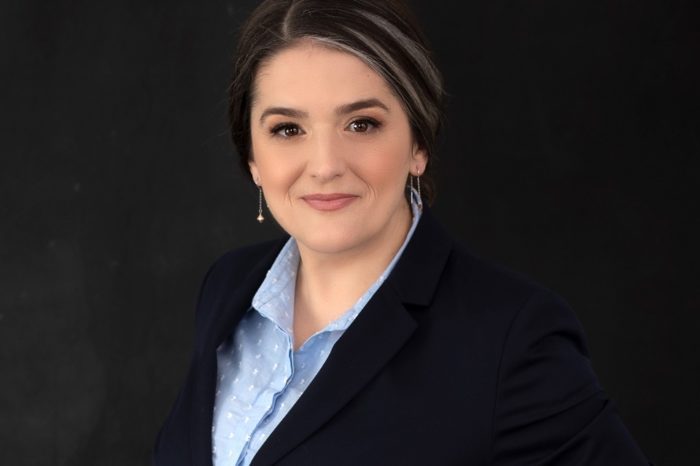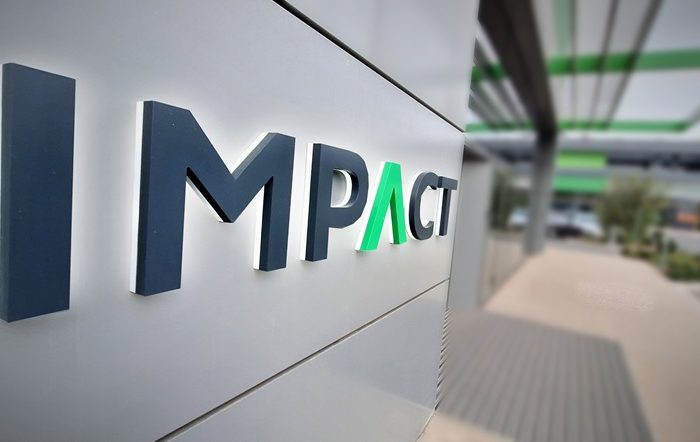Oana Piticas, Noerr: “Managers should discover what is special in their employees and help them use those abilities to deliver performance in their jobs”

“Lately, everyone is complaining about employee retention. I think it is an issue that is discussed in any HR department, regardless of the size of the company. We looked at what employers are doing to deal with this problem. What we have noticed is that, generically, everyone is trying to increase the benefits, whether financial or less financial. In short, employers try to become more attractive, to motivate employees more.
We did a study regarding the expectations that employees have from their employers. We targeted young people, graduates from several areas and of course also people who are over 25 years old, so who are currently active in the labour field,” Oana Piticas, Employment & White Collar Crime Practice Coordinator Romania, Noerr said during HR Conference | Elevating Work powered by The Diplomat-Bucharest.
“We had two key questions about remote work, because many employers are still struggling to see how to position themselves on the idea of remote work, work from home or hybrid, to become as attractive as possible.
One question was how important the salary is. Only 9 percent answered that it is the most important aspect. So, 9 percent of the respondents say that they go to work for money and will select their jobs according to the job that will offer the highest remuneration. The majority, 53 percent, are those who said that the salary is an important aspect, it is not very important, it is simply important, but that other benefits are also very important.
Returning to remote work, the question was how important is working from home or remote work for you. 38 percent of respondents said they would only accept the job if they could work an average of 2-3 days from home. So, it is about a preference for a hybrid system. There were indeed 3 percent who said that they don’t want to work remotely, so they want to come to the office. But, right after those who want to work 2-3 days from home, there is another category that says they would like to work from home from time to time, but it is not a condition for accepting the job.
Another question was what the most important benefit for the employee besides the salary is. So, after the salary, if he is satisfied, what is the most important benefit? 30 percent said the most important benefit is remote work.
Another question on the questionnaire was what would make you most likely to resign after the first year of employment? Unsurprisingly, 3 percent said they would quit if they didn’t get a bonus or raise. 62 percent told us they would quit after the first year if the work environment was toxic. Now, personally, I don’t like the term toxic because it’s a very vague term, but I’d rather say dysfunctional.
All people want to do something valuable, using the abilities they have. There is, from my point of view, a desire in each of us to be good at what we do, according to our abilities. I think that managers should discover what is special, what is extraordinarily good in employees and to help them use those skills to deliver performance in those jobs.”
Oana Piticas is specialized in the assistance & representation of international & local clients in complex compliance & internal investigations and difficult HR matters. Oana Piticas has also experience in real estate transactions, corporate matters and civil disputes. She has advised companies from a wide range of industries especially in disciplinary investigations, complex fraud and HR matters, being able to provide our clients with the most suitable strategy and valuable advice. She has a special focus on the impact and results of a healthy organizational culture, promoting wellbeing, people growth and performance tools, due to her interest in organizational psychology and her passion for coaching.
Full recording of the conference HERE.












